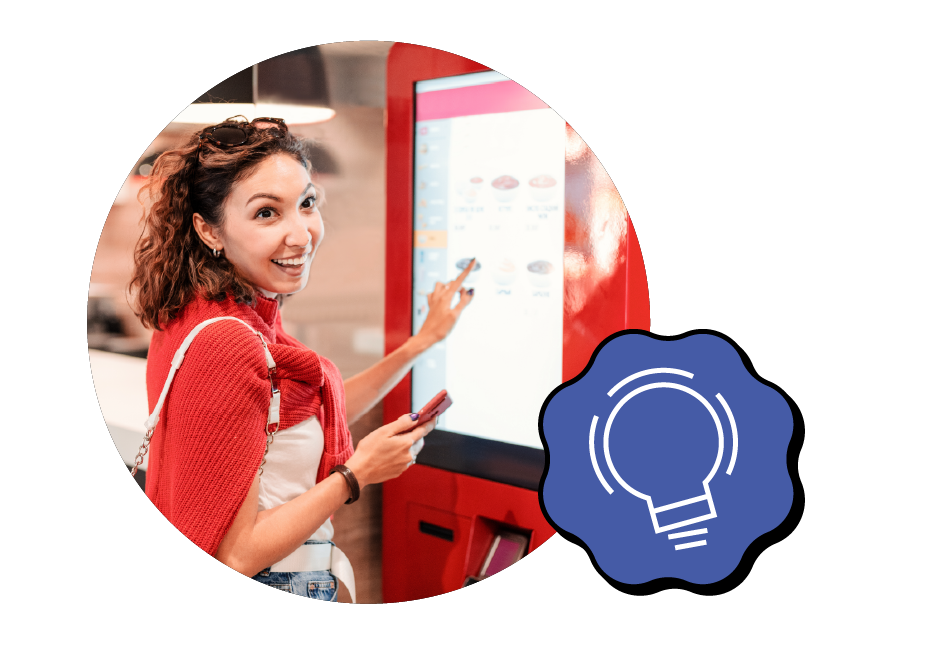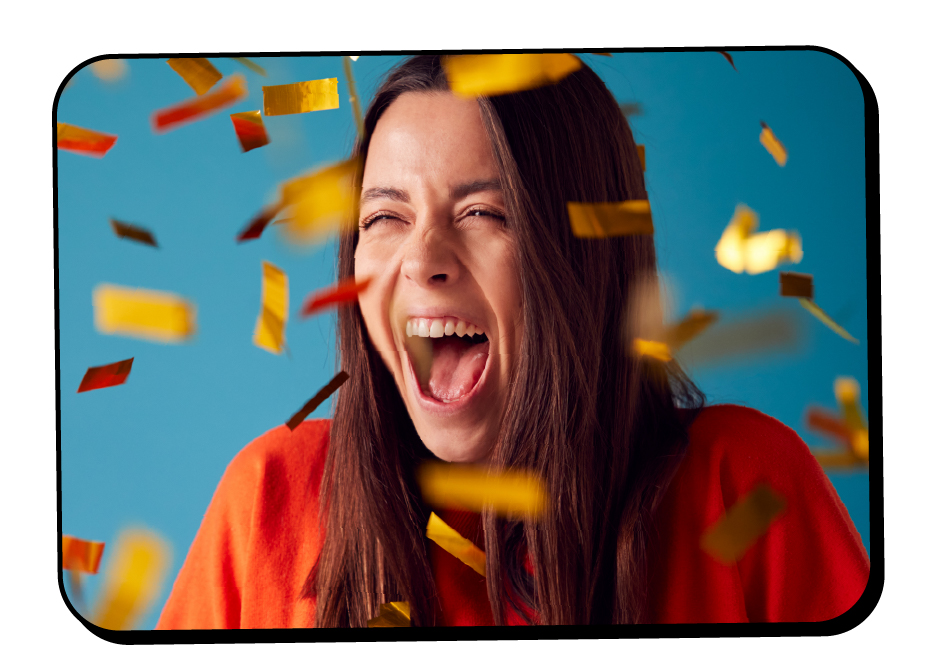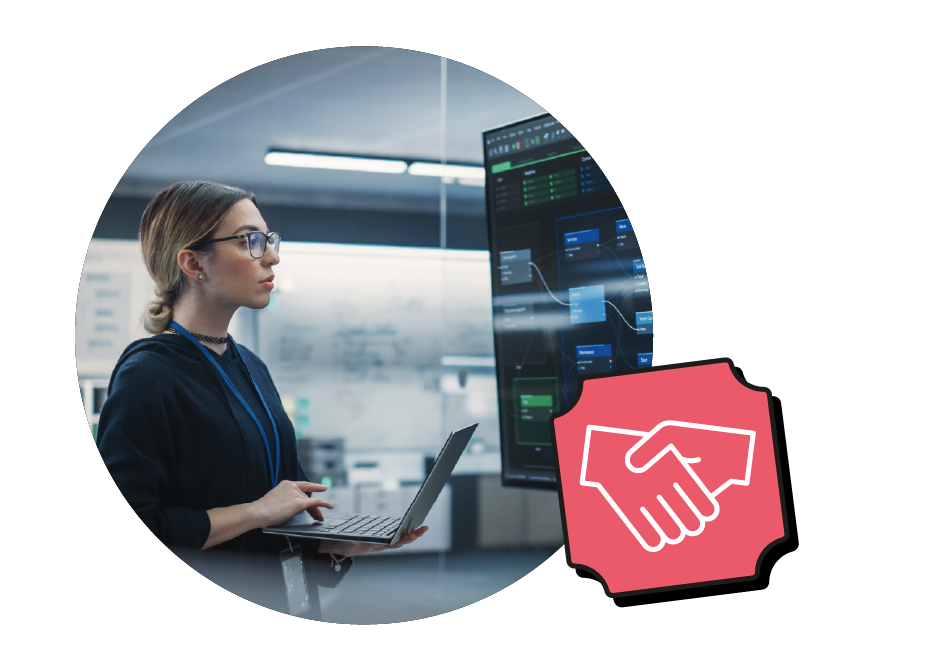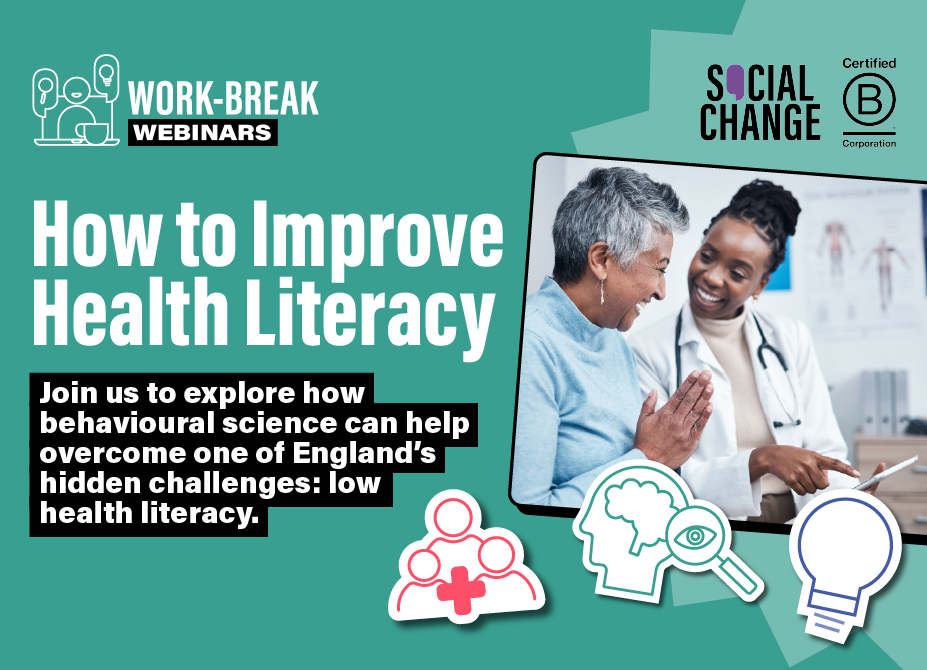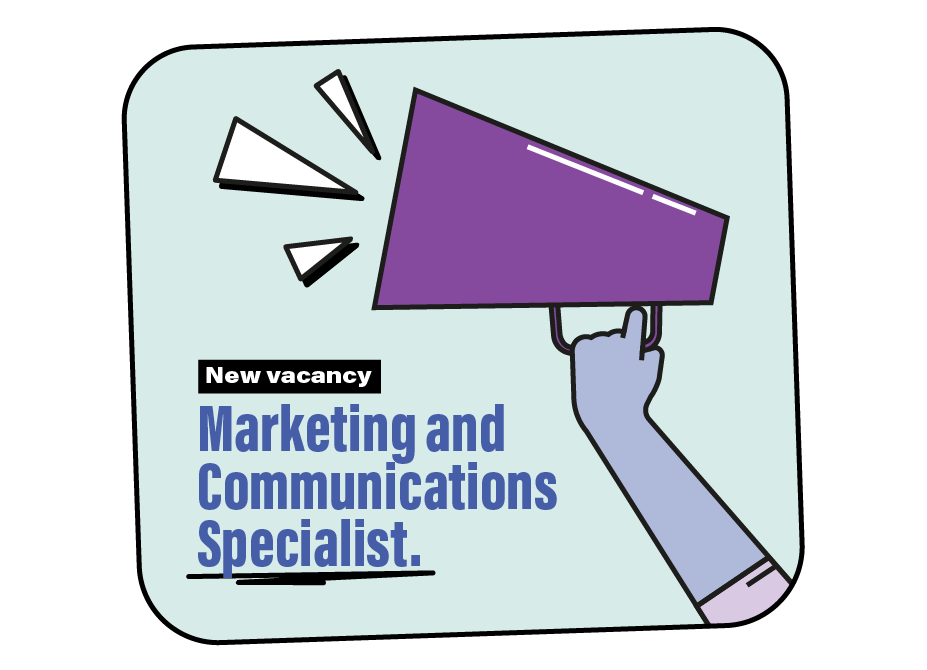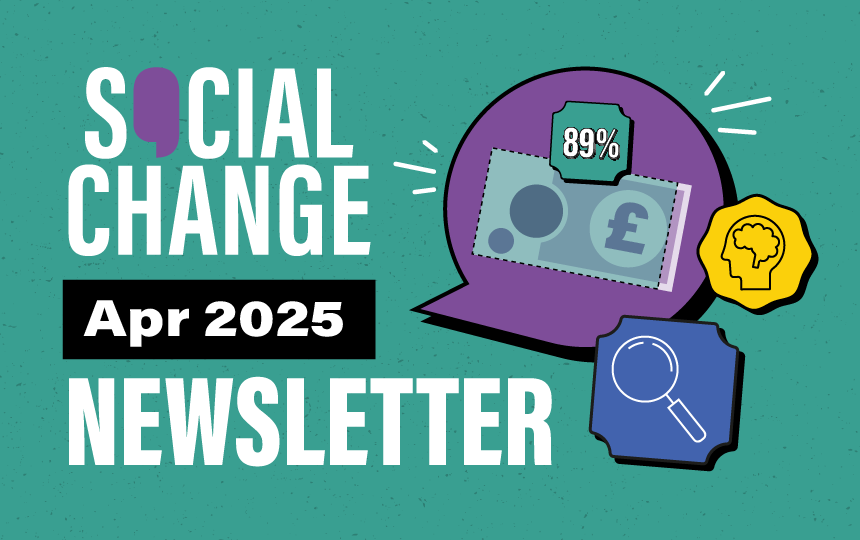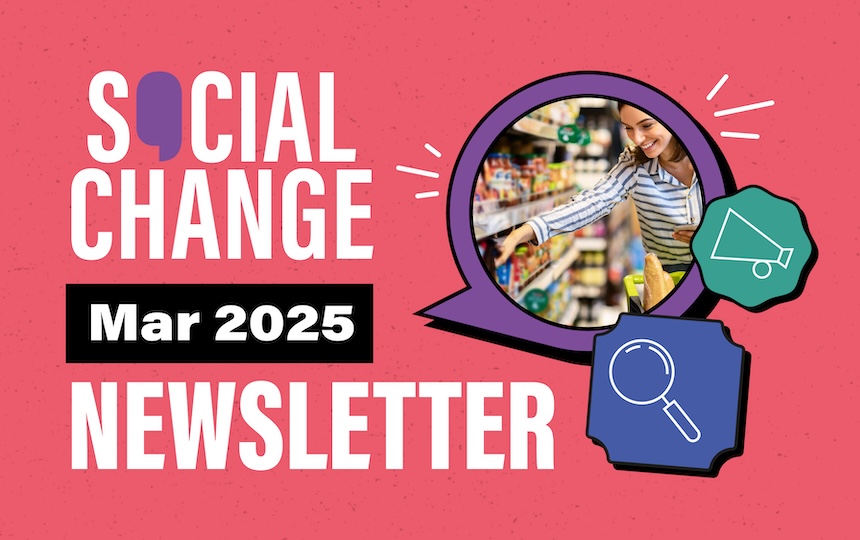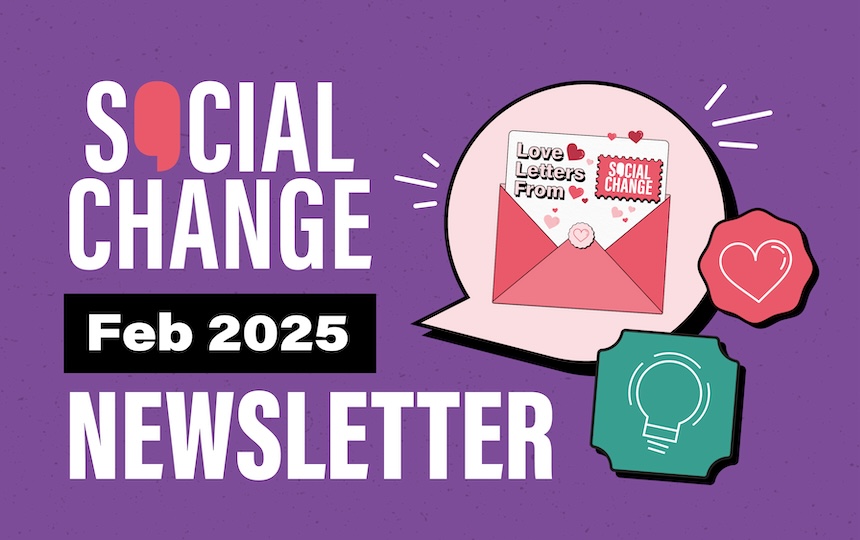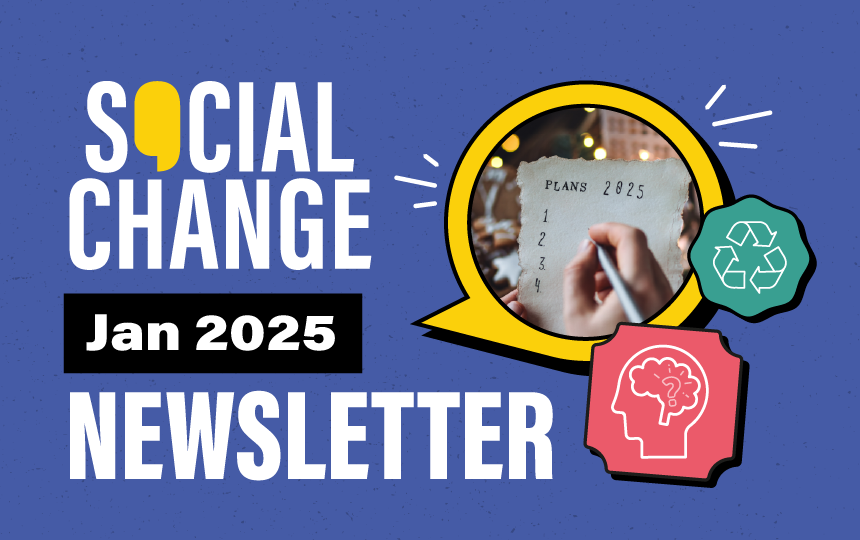In education, students often experience the Certainty Effect when choosing subjects. Faced with a choice between a course they know they can ace and one that excites them but feels riskier, many go with the safe bet.
Over time, this preference for certainty can steer learners away from their interests and limit growth opportunities, narrowing their potential...



